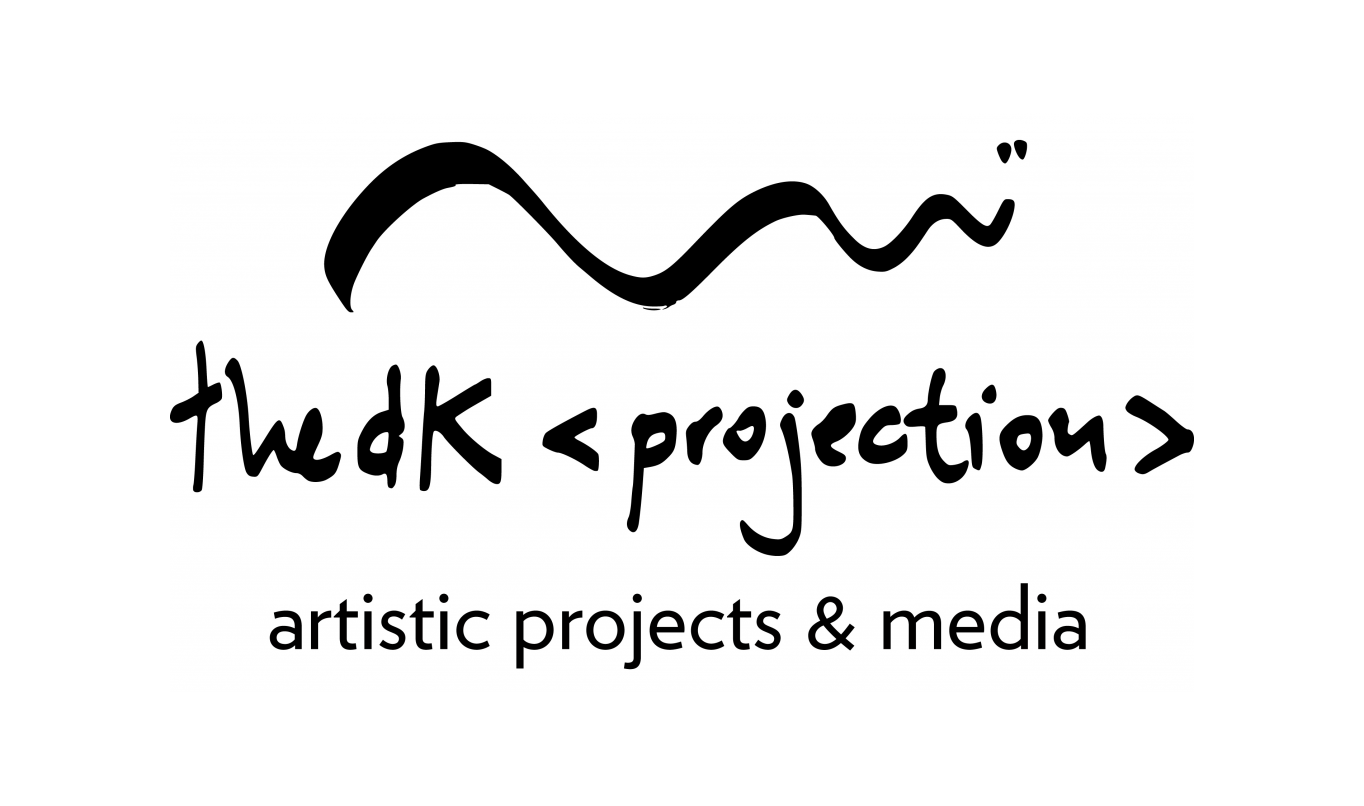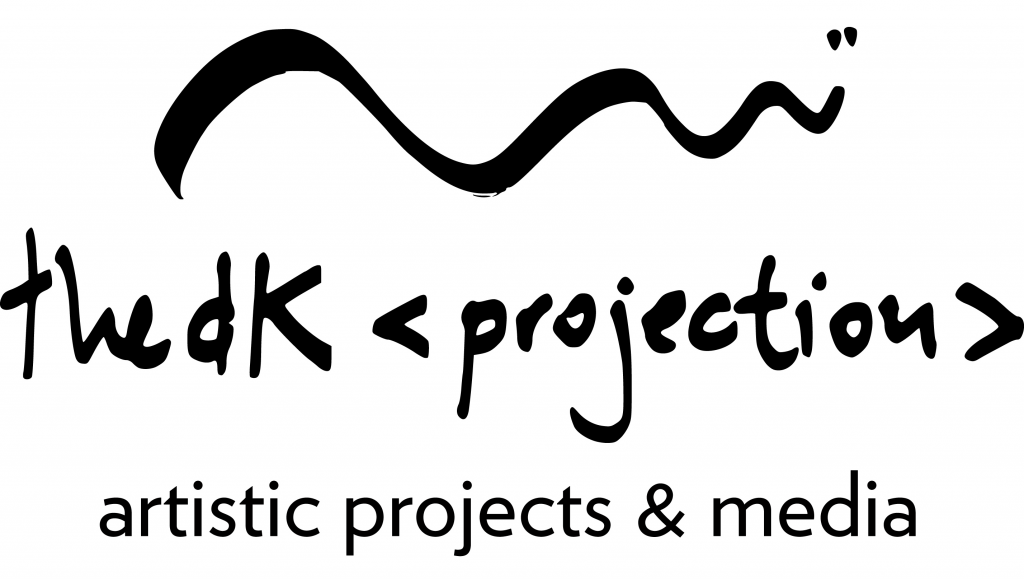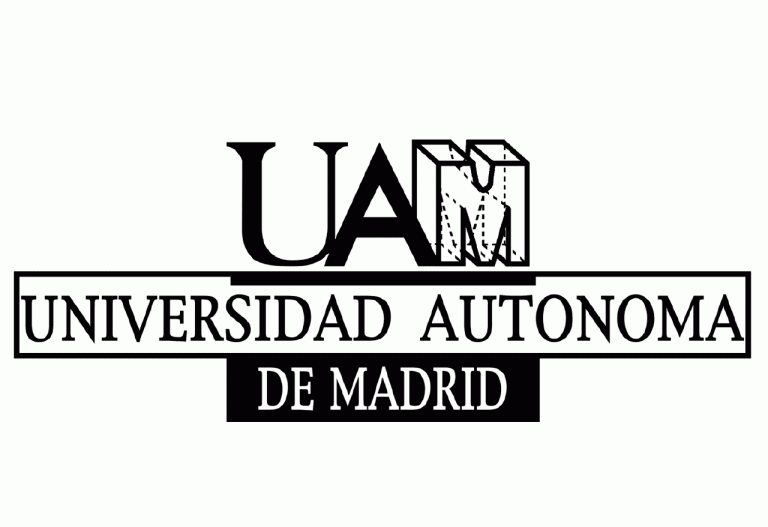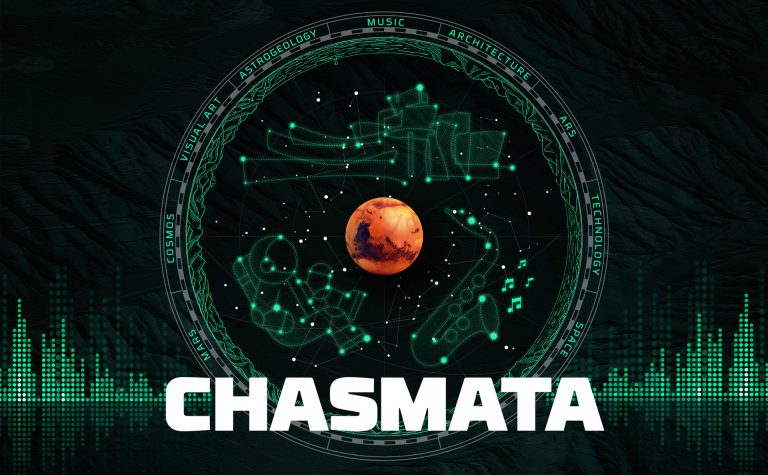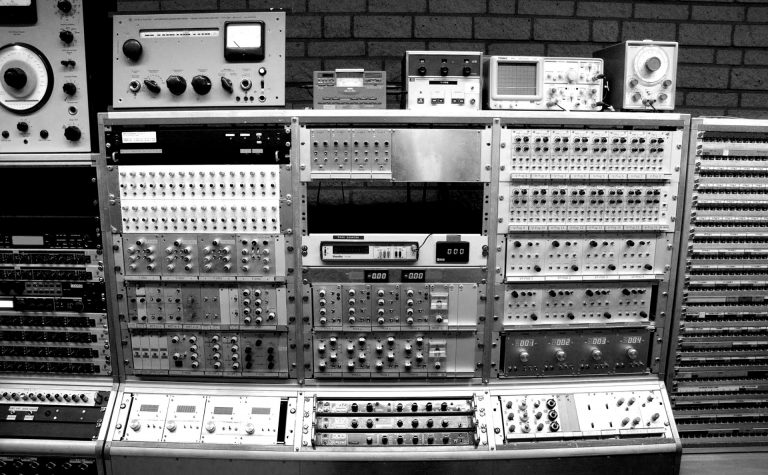Poetics of space
After a long period of personal crisis, reflections, reading, discussions, uncountable hours of interviewing with people abroad, listening to electronic music, dreaming awake so many nights, revising papers, articles, tons of books, more tons of long walks, even more tons of dealing with stupid bureaucrats -extracting enough time from this mess though for composing and organizing in the meantime 200-people productions at 250km long the place I live-, finally I earned my Ph.D in Musicology at University of Salamanca.
The thesis subject revolves around spatiality in electronic music from the historical point of view of the Institute of Sonology in The Hague. The complete title was something like The poetics of space in the contemporary electronic music creation: origins, techniques and extensions from the perspective of the Institute of Sonology in The Hague. The thesis has got the distinction of Doctor Europeus.
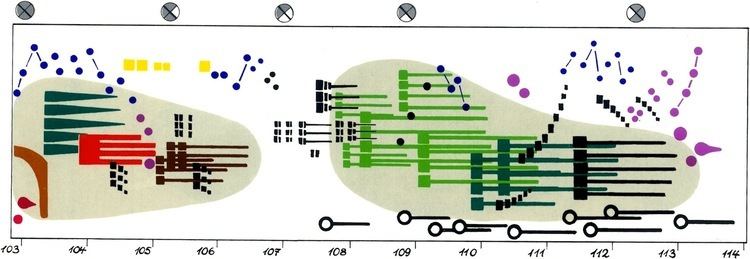
According with the lukewarm questions formulated to me during the whole discussion, it seemed that, apparently, two of the three guys in the jury did not even read my 667-pages thesis properly. The other guy showed up that he had got a correct picture of the whole thing at least. During the three hours long of exposition and defense, there were not barely just a well-focussed question, inquiry or suggestion that allowed me to go a bit deeper into the subject, so as to develop properly some of the multiple angles the thesis is structured with. No opportunity whatsoever to really defense and evolve the real matter we were talking about. Everything was in the surface level, considering only formal aspects. That was a really pity, not only because the huge effort the thesis demanded, but rather because there are so many aspects completely not well-known, not slightly known by the Spanish community, about the origins of electronic music from the Dutch angle and the role of the first analog tools in the 50s, just to mention one of the multiple branches the thesis presents.
For instance, Gottfried Michael Koenig told directly to me, during two-days encounter at his place in Culemborg, among another really interesting things, about the real compositional approach of György Ligeti’s Artikulation in 1958 in Cologne he had the occasion to produce with the composer. As one of the milestones of chance music -even before of John Cage-, probably very few people in the world know about this meeting of techique and arbitrariness this music presents in its origins. Not a single word about it and many other things were mentioned at all by the jury. Apart from this blatant superficiality, I had the impression that the only solid reference of the jury in terms of electronic music background was limited to IRCAM -not even GRM- so as to contrast somehow the propositions presented in the thesis. This focus adopted by the jury seemed to me a bit limited and arbitrary, so as to talk about a matter which were geographically centered not around Paris, but Utrecht -later on, The Hague-, and many decades before, by the way.
One of the most curious moments were when one of the jury guys remarked that did not find a proper framing of the subject, since I almost did not write a single word about the historical Spanish situation in terms of electronic music. Really? Did you even read the thesis’s title? Just to mention one anecdote.
